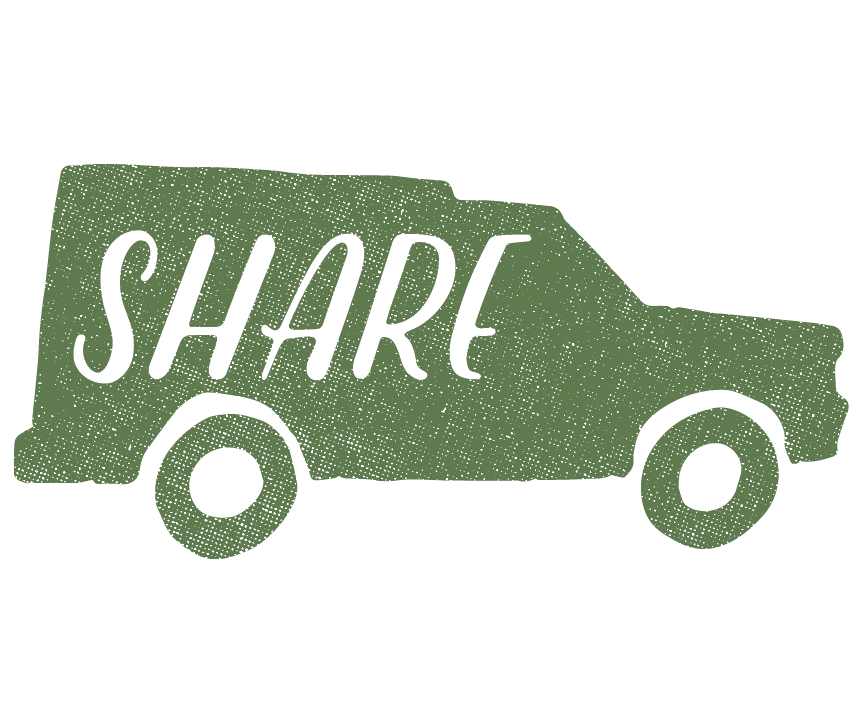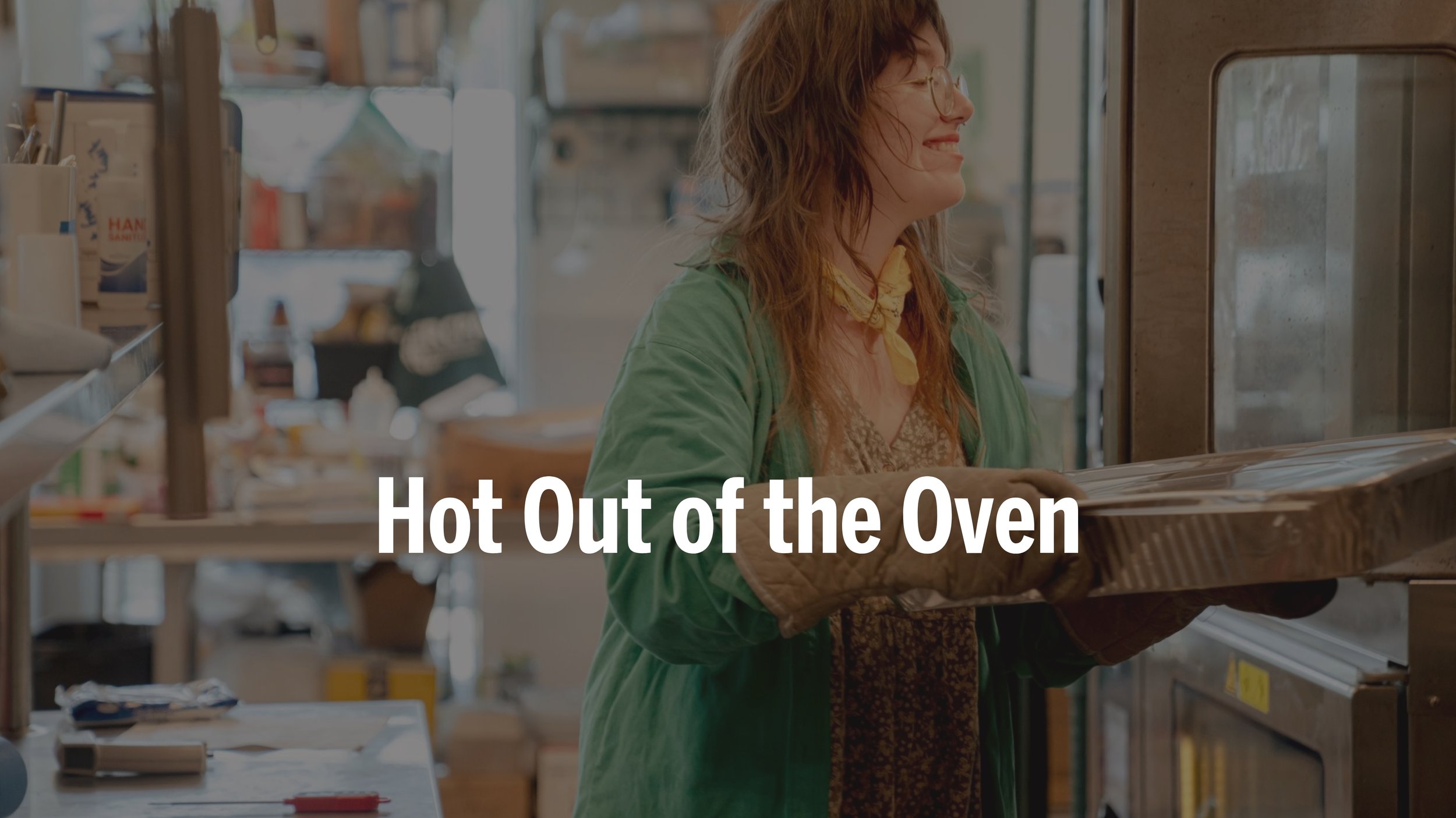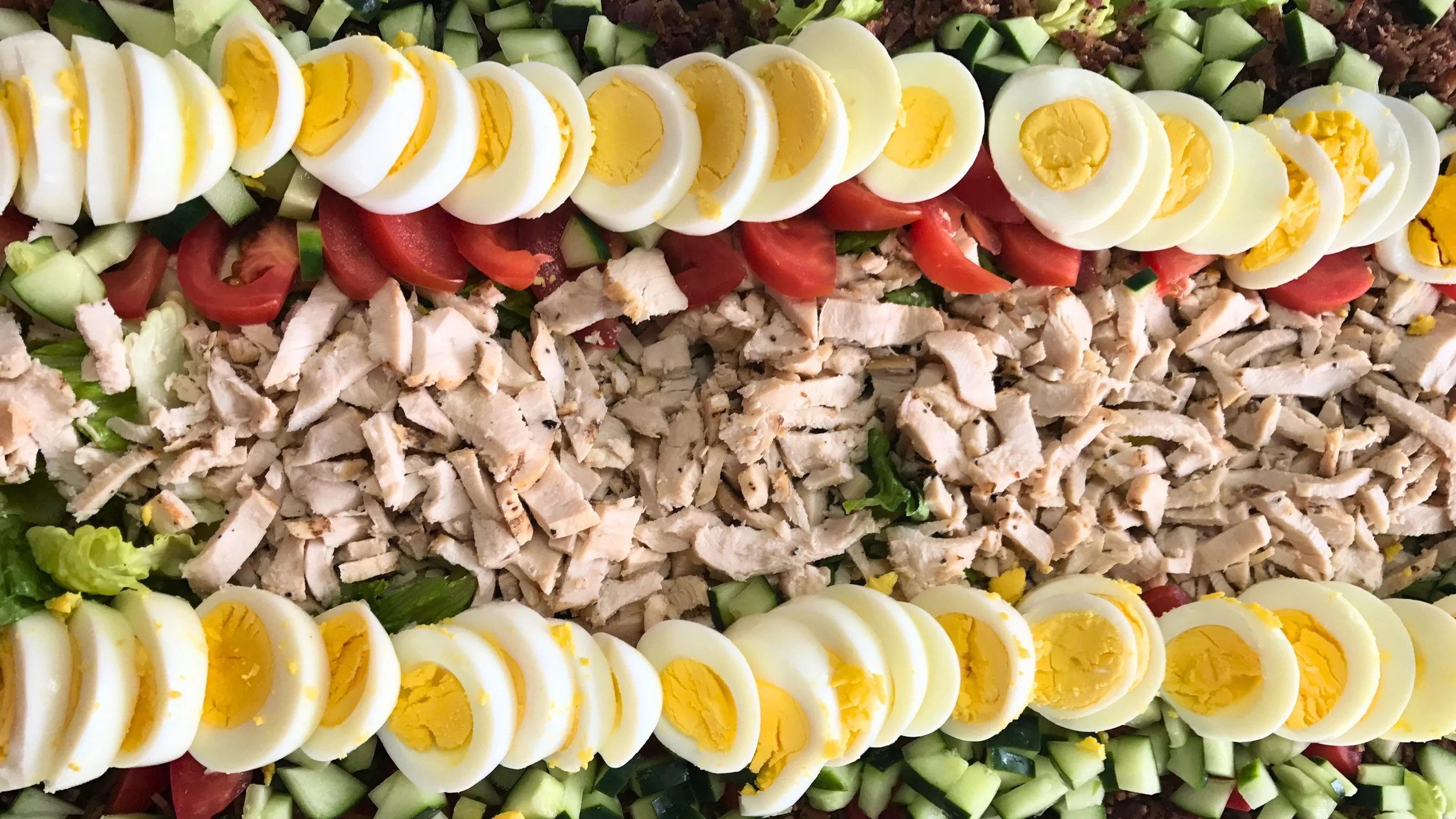In our gardens and orchards, we grow food and share resources with others interested in growing their own food.
In our kitchens, we use recovered, donated and garden-grown food to prepare and cook made-from-scratch meals.
In our community, we share nourishing meals in partnership with local poverty-disrupting nonprofits and community groups.
















